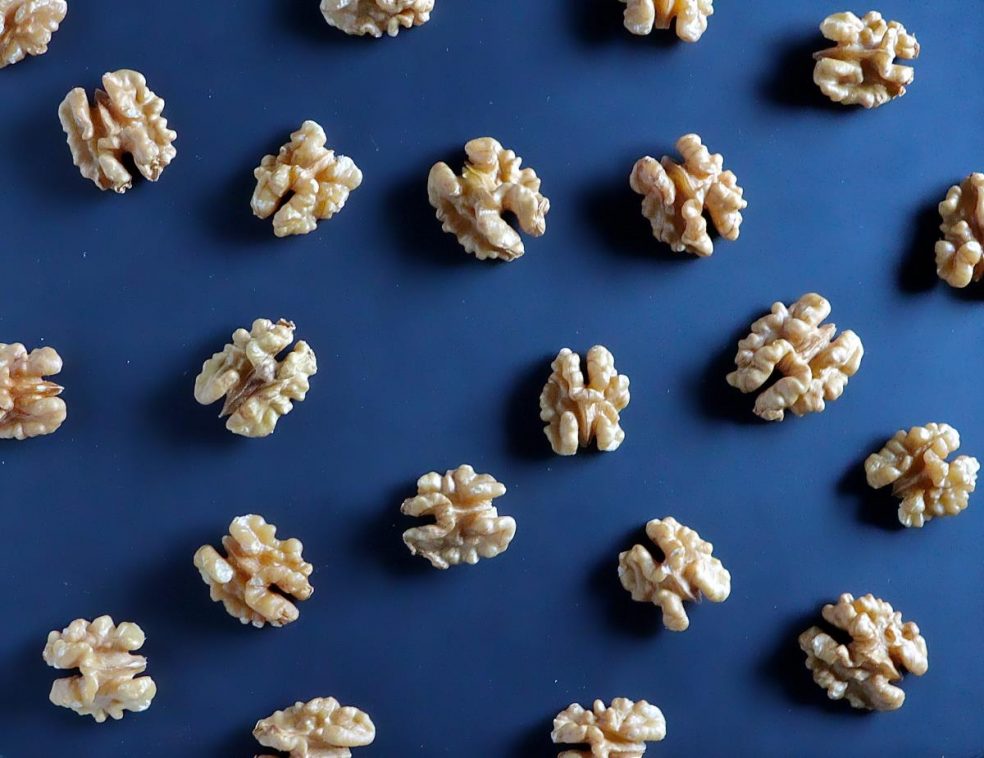In part 1 and part 2 of this 3-part series we discussed the importance of the right fats and oils, and carbohydrates and protein, for brain health. Now we dive into how gut health impacts brain health.
Without optimal digestion, and then absorption of ALL these nutrients, we can’t make the best use of them. Although we are all aware of the saying that ‘you are what you eat,’ it would be more accurate to say that ‘you are what you absorb!’
When the digestion of our food is compromised, due to a variety of factors, the working capacity of the nutrients that we consume is severely hampered, which influences brain function in fundamental ways. Therefore, aiming for optimal digestion is part of the ‘first principles’ to mental health and wellbeing strategy!
Gut bacteria have important roles to play in gut health and impact brain function in three primary ways. Gut bacteria impact:
- How food is digested and therefore how available it is for absorption and utilisation
- Which, and how effectively, vitamins and neurotransmitters are synthesized, for example, 80%+ of serotonin is synthesised in the gut
- How permeable the gut/blood stream interface is, which impacts gut health overall, including digestion, absorption, inflammation, and immunity
To ensure our good gut bacteria proliferate it is important to include gut supporting nutrients in our diet, such as fermented foods like kimchi, sauerkraut and miso, which are rich in probiotics.
Eating prebiotic foods goes a step further by providing food our good bacteria need, and therefore support their growth sustainably, and are found in, among other foods:
- Artichokes
- Raspberries
- Chickpeas
- Asparagus
- Garlic, leeks, and onions
When the digestion of our food is compromised, the working capacity of the nutrients that we consume is severely hampered, which influences brain function in fundamental ways.

Antibiotics that are used for human health and in agriculture negatively impact gut health and should be avoided if possible. Antibiotics impact the diversity and composition of our gut bacteria which can destroy some and allow others to flourish.
Chlorine and pesticides are bactericidal and can damage gut bacteria, and glyphosate can inhibit the synthesis of enzymes produced by gut bacteria, which detoxify foreign chemical compounds. The inhibition of this enzyme leads to increased risk of intestinal wall permeability.
Stress also impacts gut health directly because cortisol release causes the tight junctions between intestinal cells to become compromised so they can’t do their job effectively. This allows pathogenic substances to enter the blood stream, which compromises brain function, via inflammation.
Stress also impacts sleep quality because cortisol is intimately linked to our circadian rhythm and gut bacteria. Sleep challenges impact gut bacteria in ways not yet fully understood. Research that examined the gut bacteria of jet-lagged passengers found a correlation between compromised gut bacteria and sleep deprivation.
Linking all three parts of this discussion is the quality of the food we choose to eat. When we consume the rights fats, with nutrient-dense, naturally colourful, and fibre-filled foods, including prebiotic and probiotic foods, we satisfy both the needs of our body and those of our greedy brain.
Add these kinds of healthy foods to your diet and you’ll naturally start the process of removing processed ones. You won’t feel deprived, and the processed foods will naturally become less appealing. Unprocessed foods also force us to chew more, which supports improved digestion, and they fill us up more than processed foods do, so weight loss is a happy by-product.
Conclusion
The right fats and oils improve the structure and function of our neuronal membranes, while nutrient dense, colourful and fibre-filled carbohydrates, along with clean forms of protein, and improved gut health, support stable blood glucose and optimal neurotransmitter synthesis. In addition, when digestion improves, we naturally improve the impact of these dietary changes.
Our brain is our greediest and most sophisticated organ, and it has the potential to support us optimally if we provide it with the best and tastiest brain food we can find. These simple adjustments provide our brain with the foundation for optimal and sustained mental health and wellbeing.
Looking back, my decision to take the road-less-travelled and investigate nutrition before jumping into a narrative around mental health challenges was a leap into the dark. Taking that leap changed my own life and the lives of countless others who have benefited from our work together, which starts with, ‘So, tell me about your last meal?’
About the author. Dr. Delia McCabe. Delia’s research has been published in several peer-reviewed journals, she is a regular featured expert in the media, and her two books, translated into four languages, are available internationally. Delia uses her psychology background, combined with nutritional neuroscience and neurological perspectives, to support behaviour change and stress resiliency within corporates.
If you would like Delia to help your workforce reap the benefits of having a fully fueled brain, reach out to us and we’ll make it happen for you.

